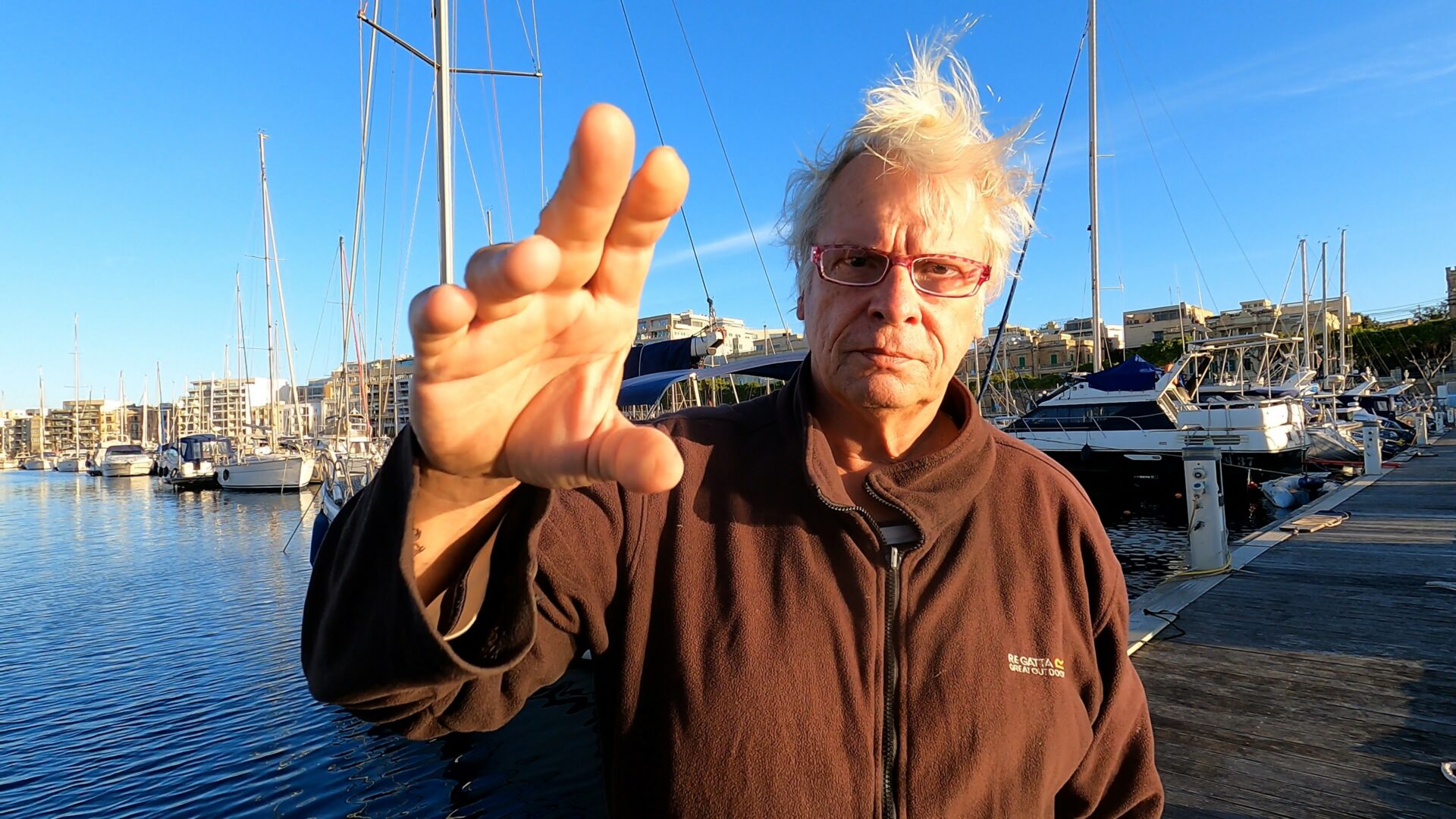Alright – so today we’ve got the honor of introducing you to Stephen Payne. We think you’ll enjoy our conversation, we’ve shared it below.
Stephen, first a big thank you for taking the time to share your thoughts and insights with us today. I’m sure many of our readers will benefit from your wisdom, and one of the areas where we think your insight might be most helpful is related to imposter syndrome. Imposter syndrome is holding so many people back from reaching their true and highest potential and so we’d love to hear about your journey and how you overcame imposter syndrome.
At the age of 60, I bought a boat. I didn’t just buy the boat for my amusement, the boat became my home overnight. What I knew about boating could be written on a small postage stamp. But I watched a few videos, read a few webpage things and spoke to people, and as I gained confidence, I took my new boat out onto The River Thames.
But I had bigger dreams than cruising up and down the river, I wanted to take my boat across the channel and cruise through France until I got to the Mediterranean. Everyone around me knew more about boats than I did. After a few months, I found myself in Paris and my boat was still afloat. I found myself helping other boaters as I gained confidence.
After a couple of months in Paris, I took my boat South towards the great Mediterranean Sea. I could’ve taken weeks, but it was so pleasant I took months. The French people encountered were absolutely delightful. Very, very friendly and helpful. I hung out around the cote this year for six months, before heading around the coast of Italy and Sicily, finally ending up in Malta.
There are many times when I felt like a complete impostor, but the more you practice your skills, the sooner you get over that. Don’t let that “imposter” thing ever hold you back. Dream Big, make mistakes and never stop learning.

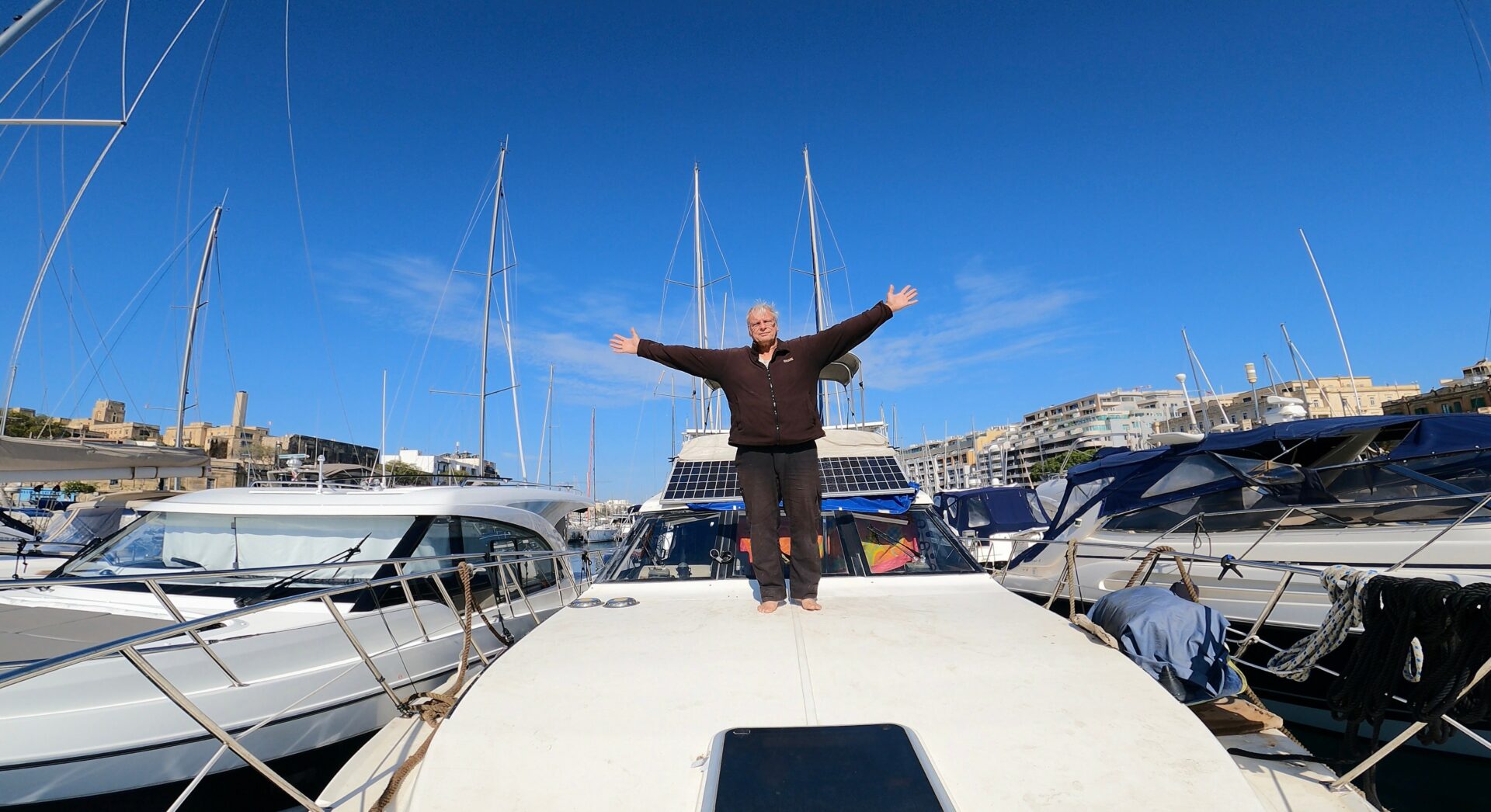
Appreciate the insights and wisdom. Before we dig deeper and ask you about the skills that matter and more, maybe you can tell our readers about yourself?
Now I am safely in Malta and my boat is still afloat, I need to find a way of occupying myself and as a filmmaker, I guess that means I need to make a film so I am putting together a feature film. the name of the film is “The Devil and the Deep Blue Sea” and we have already started filming.
It’s very strange writing words on a computer screen and then a few short weeks later, have actors speaking them to each other. It’s also a fantastic thrill when you look at the footage you’ve shot and it looks even better on a big screen than you expected it to.
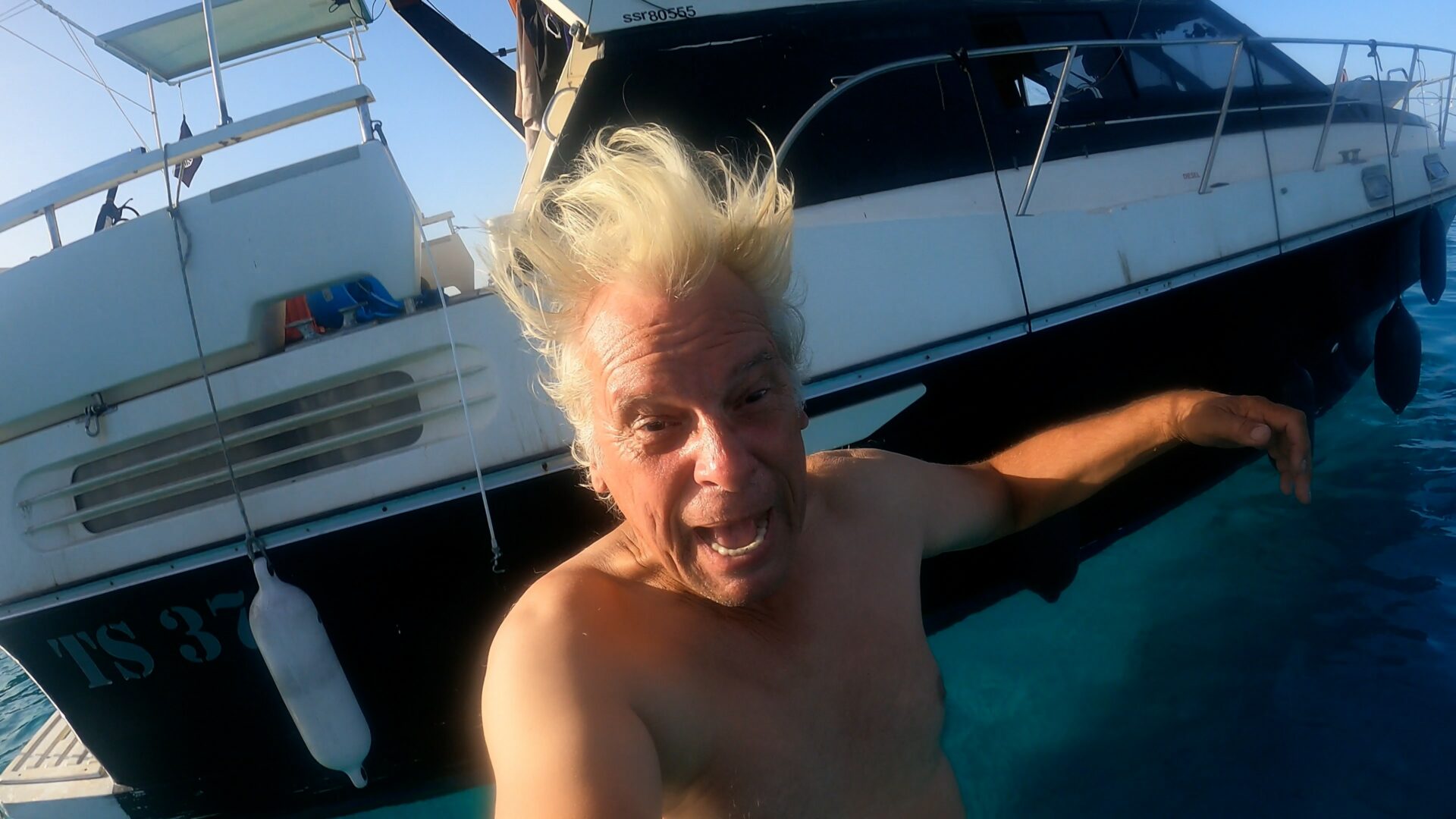
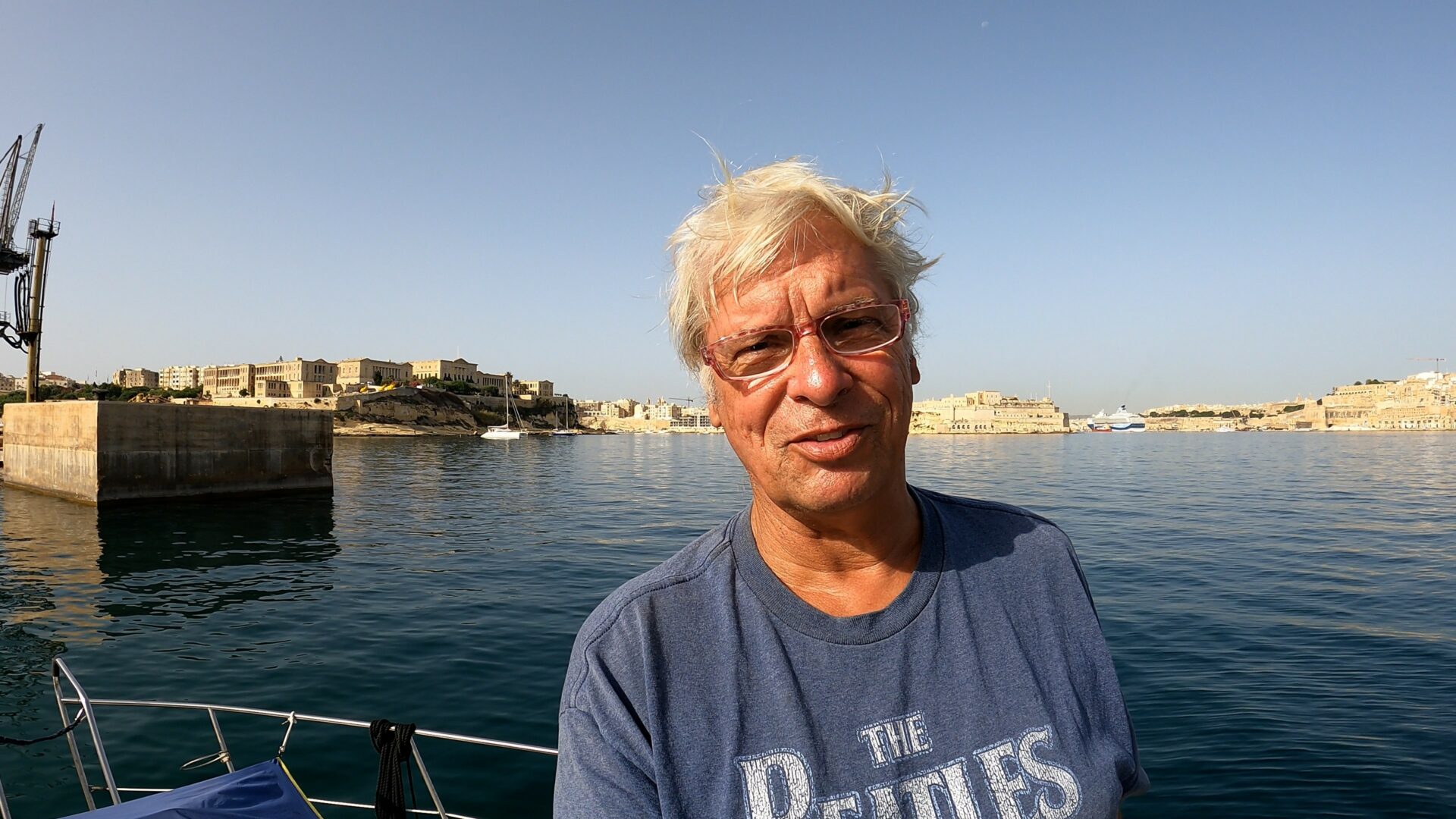
If you had to pick three qualities that are most important to develop, which three would you say matter most?
1. Surround yourself by people slightly more talented than you are.
2. Practice, practice, practice, practice, practice. Then practice some more.
3. Never lose your sense of humor.
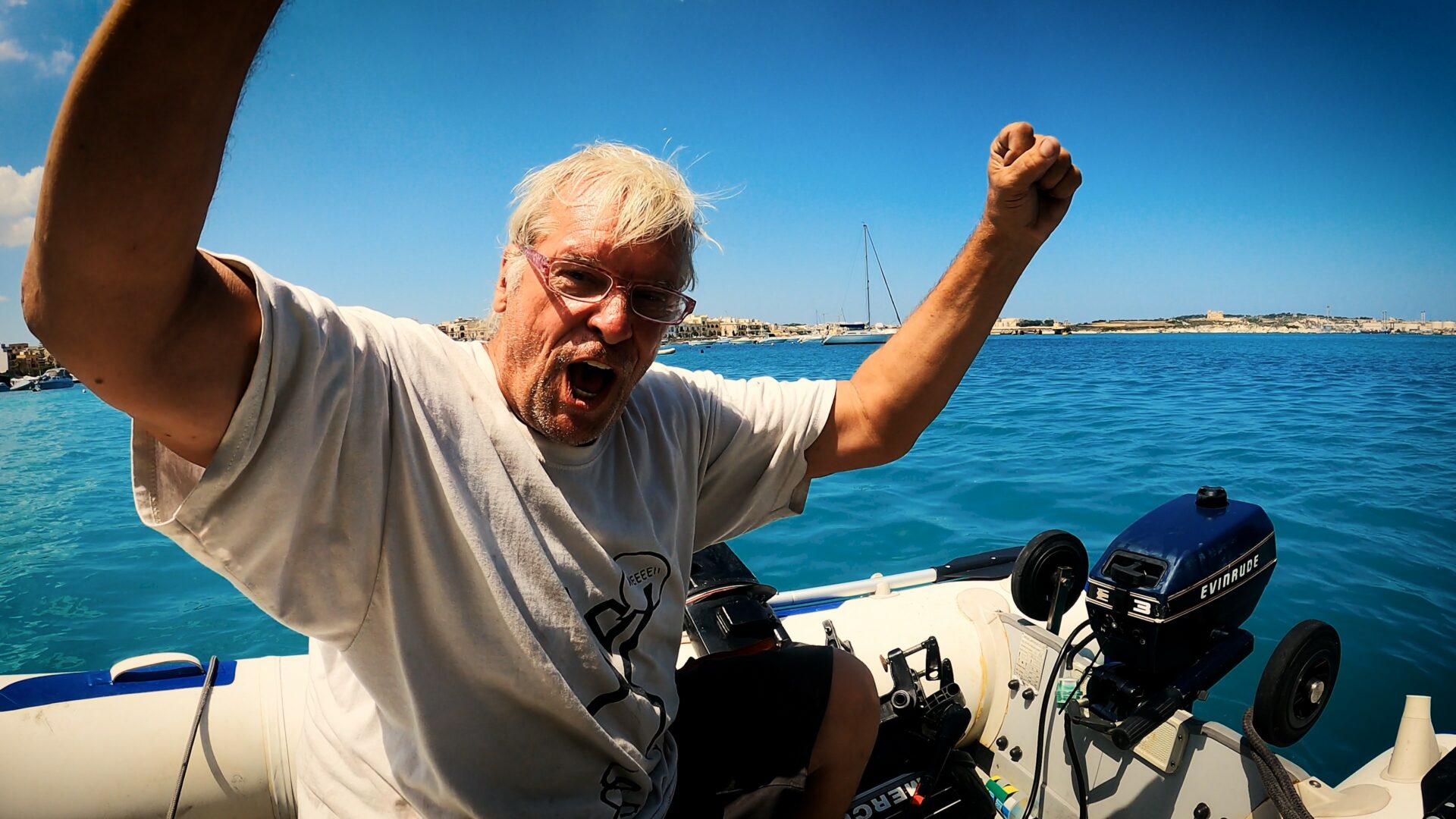
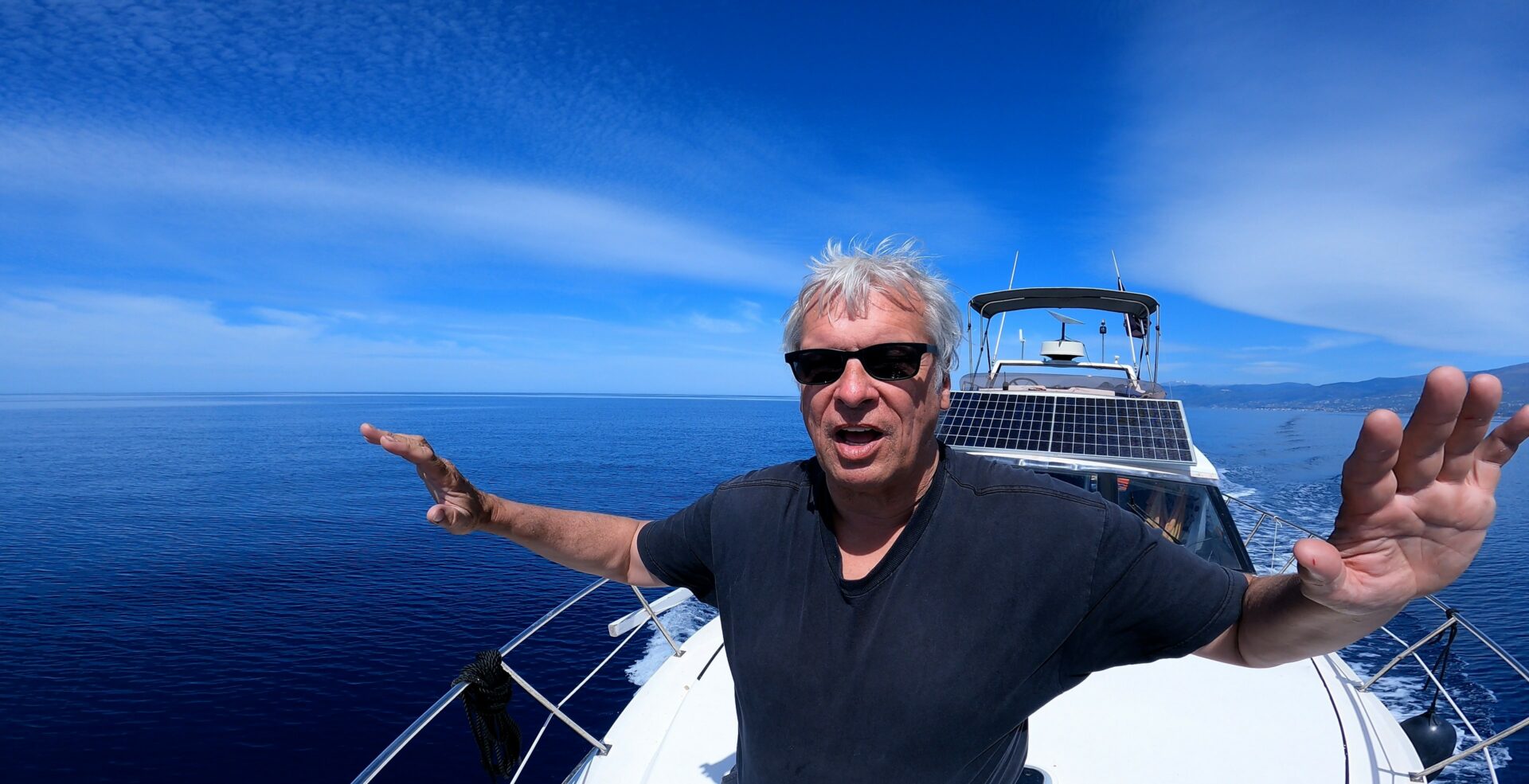
Awesome, really appreciate you opening up with us today and before we close maybe you can share a book recommendation with us. Has there been a book that’s been impactful in your growth and development?
That’s an easy question. The most important book ever written is “The Hitchhikers Guide to the Galaxy.” This important fact can be found in the book.
This might seem like I’m joking, but I’m actually 100% deadly serious. There is not a day goes by when this genius work by Douglas Adams doesn’t creep into my life in some funny little way.
Contact Info:
- Website: https://www.paynie.net/
- Instagram: https://www.instagram.com/jaywalking.the.world/
- Facebook: https://www.facebook.com/paynie
- Linkedin: https://www.linkedin.com/in/stephen-payne-ba72654/
- Youtube: https://www.youtube.com/@JaywalkingTheWorld


Image Credits
Stephen J Payne
so if you or someone you know deserves recognition please let us know here.

